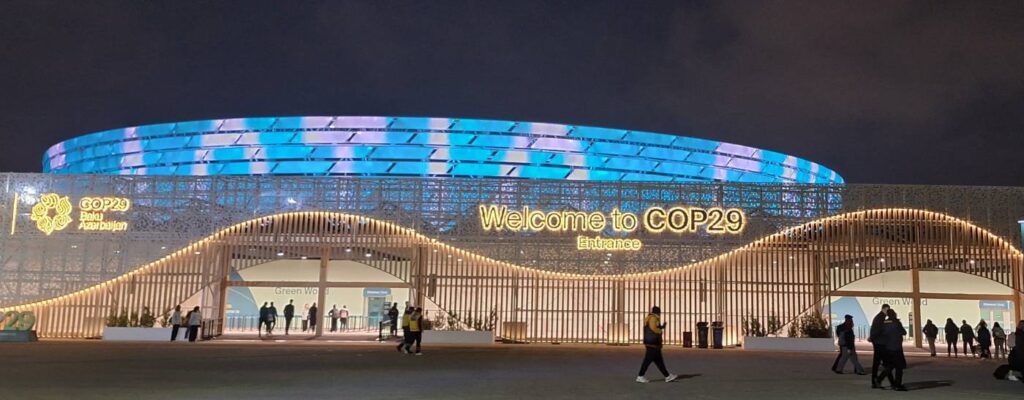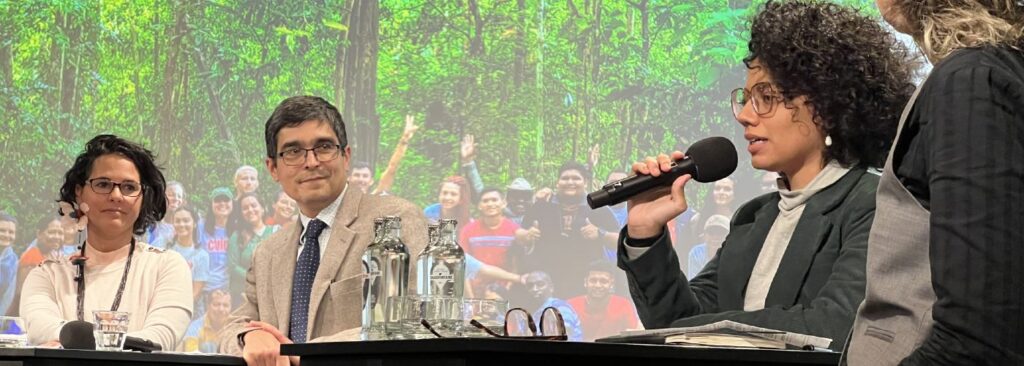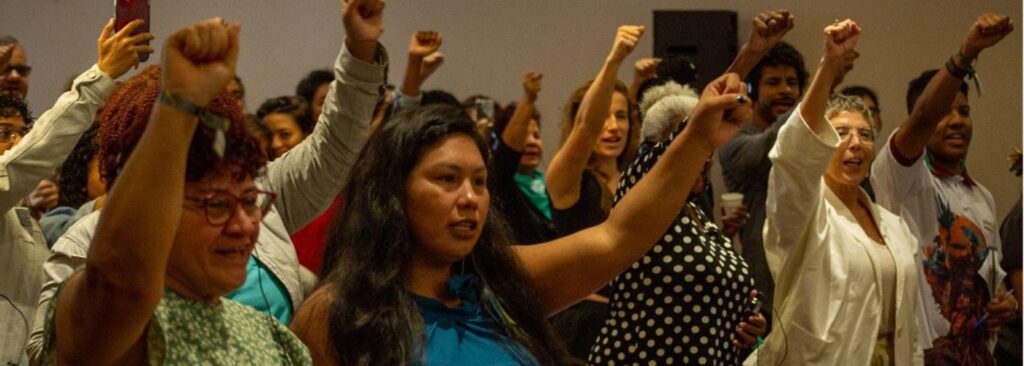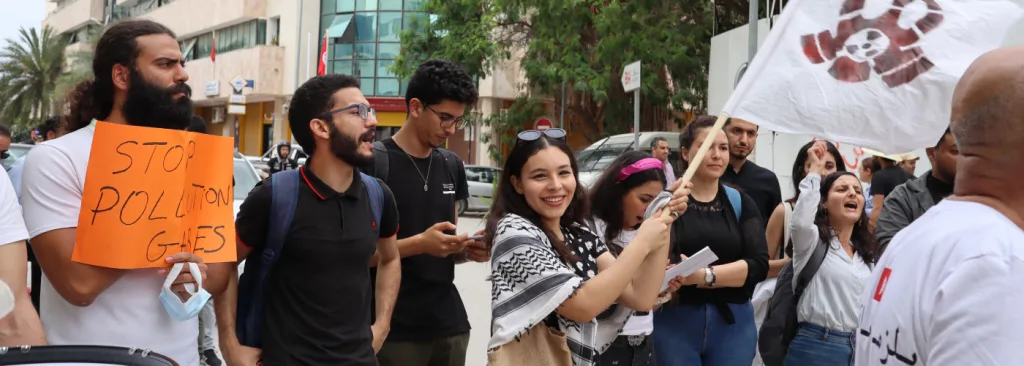In the heart of the Amazon rainforest, where Brazil, Bolivia, and Peru meet, we went on a transformative journey last December that showed us the essential role of Indigenous leadership in the fight against climate change. The Cuida! Amazon climate advocacy event (Cuida, a local slang word, means both take care and hurry up), brought us to Brasiléia and Xapuri in Acre, Brazil. Supported by Hivos’ Voices for Just Climate Action (VCA), it gathered over 50 participants from VCA coalitions across Brazil to share advocacy strategies for climate action.
By Danielle Almeida de Carvalho, Project Officer at Hivos Brazil, and Job Muriithi, DME&L Officer at Hivos East Africa
The power of grassroots leadership
Cuida! focused on improving communication and advocacy skills to promote climate justice. But even more, it demonstrated the vital role of local voices in shaping global climate action. From December 12 to 17, we engaged with communities that exemplify resilience in the face of unprecedented challenges.
But our journey through the Amazon’s lush green landscapes was more than a site visit. It was an immersion into the frontlines of climate advocacy, witnessing firsthand how Indigenous Peoples and Local Communities (IPLCs) are in charge of forest preservation and sustainable resource management.
Honoring environmentalist Chico Mendes’ legacy
December 2024 also marked the 36th commemoration of the assassination of prominent environmentalist Chico Mendes. Visiting his home in Xapuri, we were deeply moved by the price he paid defending the rights of Indigenous peoples and the Amazon Forest. His most significant legacy lives on through the establishment of Resex (extractive reserves), a unique type of protected area that allows local communities to carry out traditional activities while managing the forest sustainably.
During our visit to the first-ever Resex in Brazil, the Chico Mendes Extractive Reserve, we witnessed how traditional activities such as rubber tapping and Brazil nut harvesting continue to thrive, demonstrating the successful integration of community livelihoods with forest conservation.
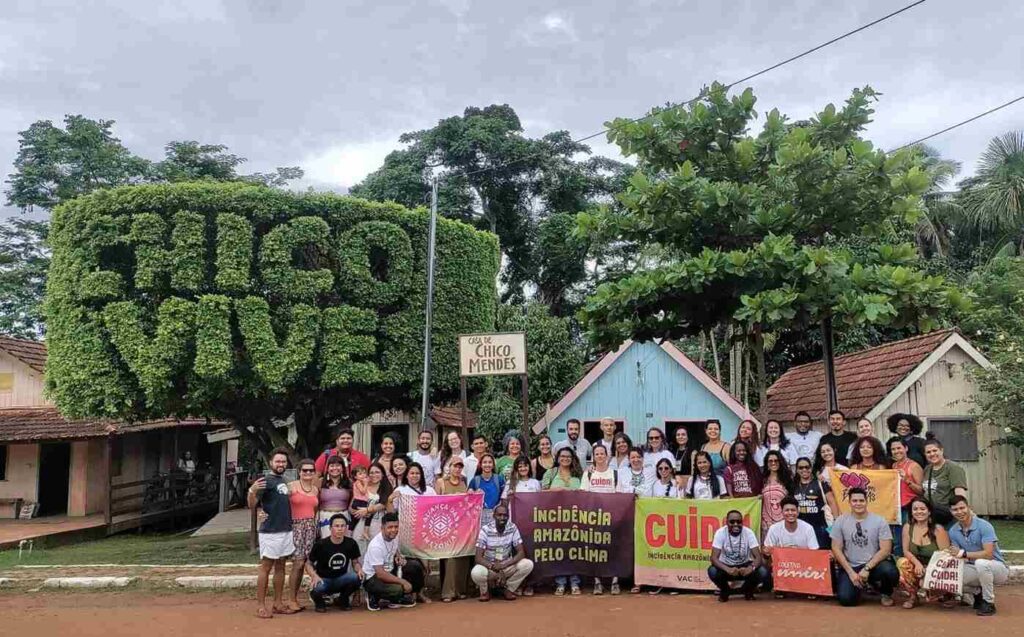
Indigenous voices: the first line of climate defense
Throughout our trip, it became clear that IPLCs find themselves in the essential role of being our planet’s most reliable and trustworthy defenders. These communities are invaluable as first responders to climate emergencies, thought leaders in sustainable solutions, guardians of traditional knowledge crucial for forest preservation, and pioneers of effective natural resource management.
Yet, these same communities face ongoing challenges: land grabbing, legal battles, violence, and systematic marginalization. Their voices, despite being crucial to climate action, often go unheard in global discussions.
From local action to global impact
The Cuida! project is working to change this narrative through its focus on communication capacity building. During its workshops, we saw local advocates acquire tools and skills to amplify their voices and share their stories effectively. The event’s solidarity economy fair demonstrated that sustainable practices could support both environmental preservation and community livelihoods.
This experience reinforced our three critical priorities in preparing for COP30 in Belém:
- Create meaningful spaces for IPLCs to influence climate crisis narratives.
- Redirect substantial climate finance to support locally led initiatives.
- Ensure that traditional/Indigenous knowledge and rights are respected and protected.
Looking forward: the path to COP30
What began as a professional visit for us became a profound personal journey. Through its people and their connection to the forest, Brazil showed us that effective climate action is inherently personal and deeply rooted in the local communities. Their vibrant spirit and unwavering dedication to environmental protection left an indelible mark on our hearts.
As we head toward COP30 in Belém, the lessons from our time in the Amazon guide our way forward. We have learned that effective leadership and understanding the nuances of VCA’s impact require above all direct engagement with and involvement of the communities we serve.
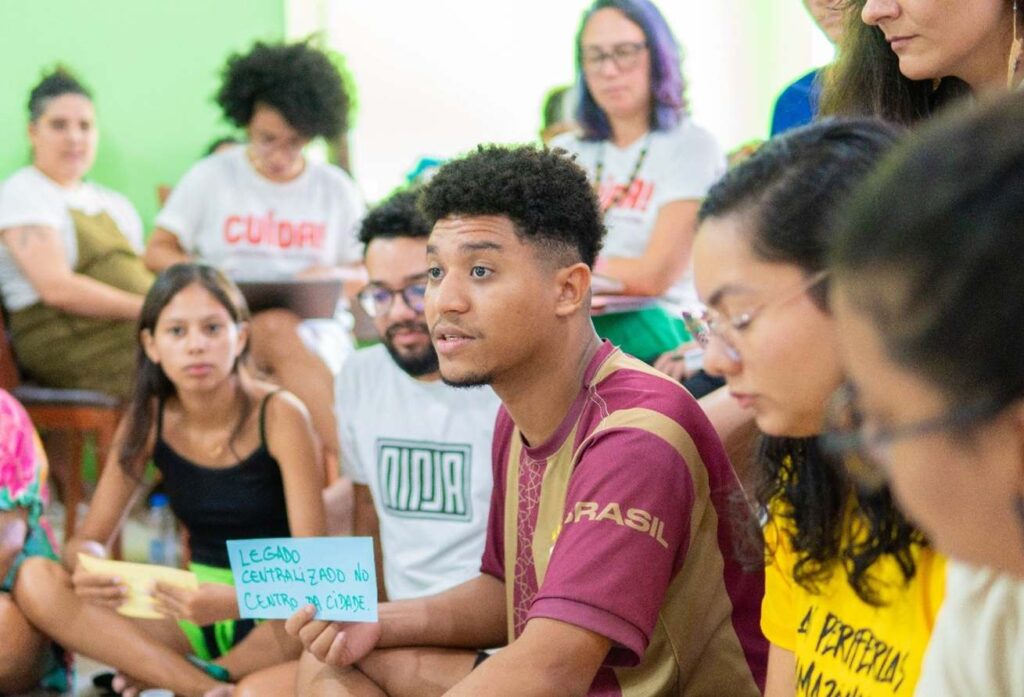
Achieving climate justice needs more than policies and programs—it demands genuine partnership with those who have been protecting our planet’s most crucial ecosystems for generations. The Amazon’s defenders have shown us that local solutions can have global impact.
Let us ensure that Indigenous voices lead the way in shaping our response to the climate crisis. As Chico Mendes showed us, the future of the Amazon—and indeed, our planet—depends on it.
CUIDA!! Viva!


